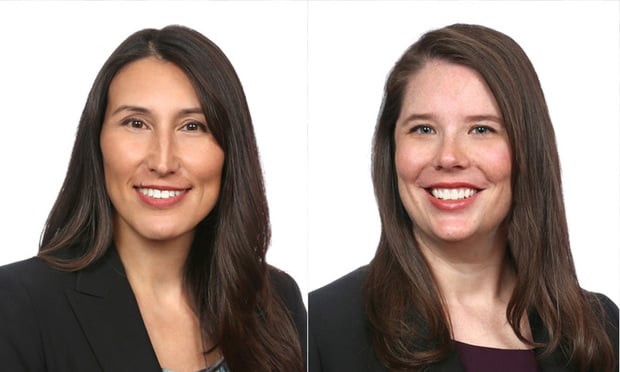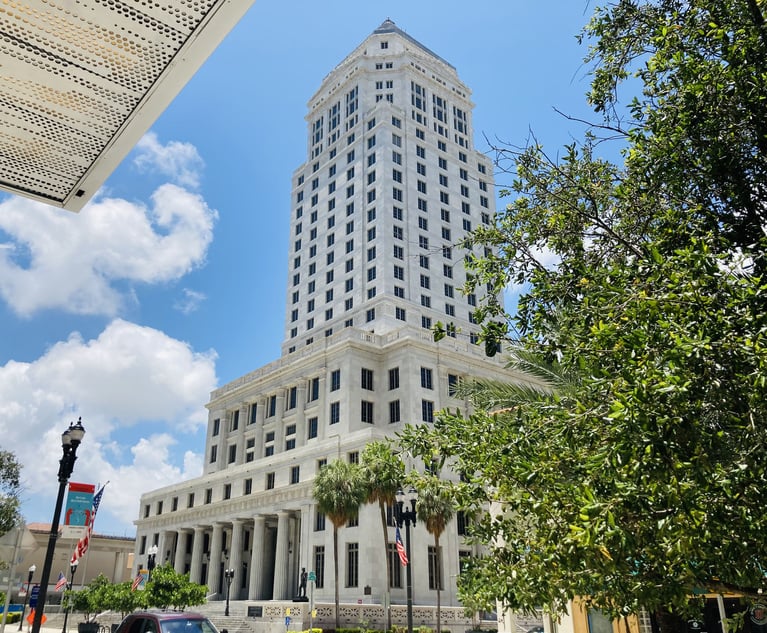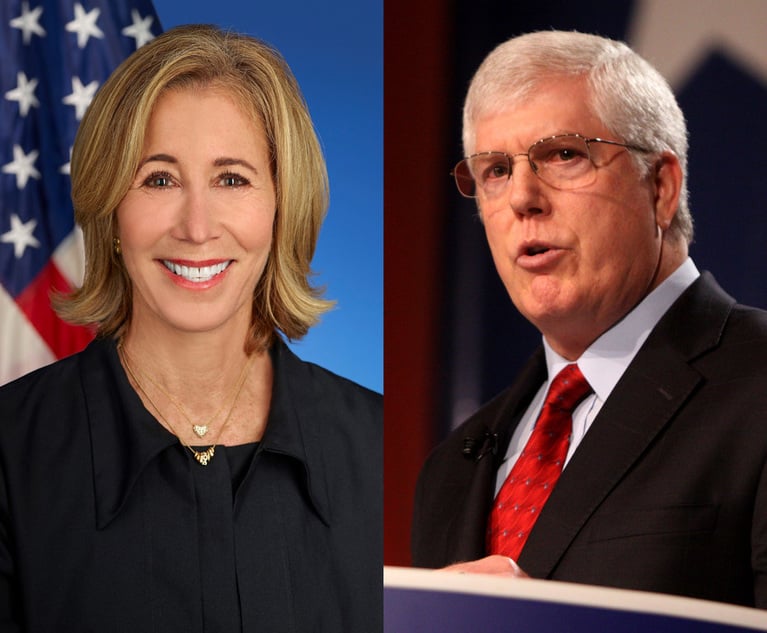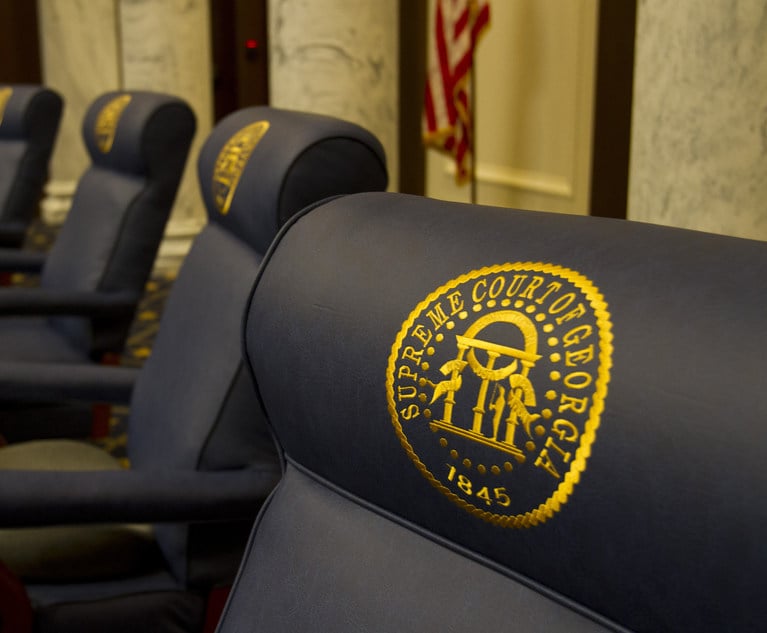As legal representatives and officers of the court, lawyers owe a duty of candor to their clients and to courts. But according to the ABA Model Rules of Professional Conduct, a lawyer is also a “public citizen having special responsibility for the quality of justice.” Thus, although lawyers’ ethical conduct is most closely scrutinized in the context of client relationships, members of the public can pursue grievances against lawyers based on their conduct and statements outside of a courtroom, as recently happened in grievances against lawyers for dishonest statements about widespread fraud in connection with the results of the 2020 election.
But what ethical obligations do lawyers have in their private lives? To what extent can lawyers get in trouble for misconduct not in connection with a client representation? This article provides some guidance for lawyers regarding how their private conduct could impact their professional lives.


 Shari Klevens (left) and Alanna Clair, Dentons. (Courtesy photo)
Shari Klevens (left) and Alanna Clair, Dentons. (Courtesy photo)




